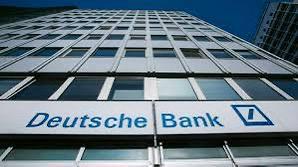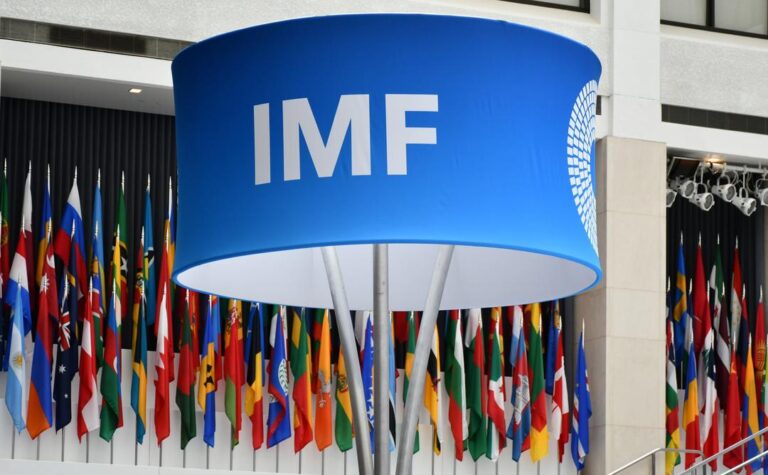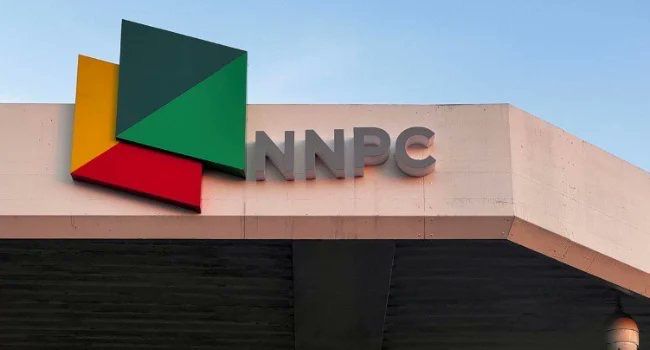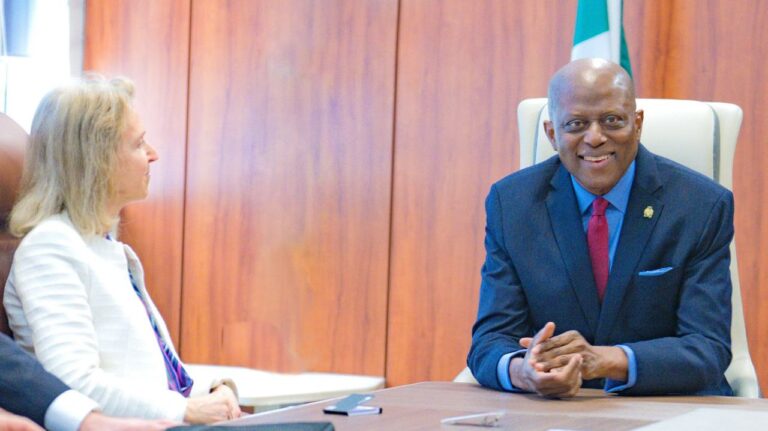In a strategic move to stimulate economic growth and foster private sector confidence, the Nigerian Federal Government has announced significant reforms to the implementation of its 2025 capital budget.
According to a statement on Wednesday from the Federal Ministry of Finance, the initiative, which is being spearheaded by the Minister of Finance and Coordinating Minister of the Economy, Mr. Wale Edun, aims to ensure transparent, efficient, and targeted spending to drive infrastructure development and achieve a targeted GDP growth rate of at least 7%.
The reforms, which were the focus of a recent high-level meeting in Abuja, are designed to address historical challenges in budget execution and unlock the nation’s economic potential.
A key component of the new framework is the integration of unspent 2024 capital funds into the 2025 budget through the Government Integrated Financial Management Information System (GIFMIS) platform. This measure is expected to streamline disbursements and ensure that all available funds are channeled into productive investments without delay.
Meanwhile, under the revised framework is a strict requirement for Ministries, Departments, and Agencies (MDAs) to secure warrants before entering into any contracts. This measure directly links public expenditure with cash availability, reinforcing fiscal discipline and aligning spending with a “strict financial regulation” regime.
This move is a departure from previous practices where contract awards sometimes outpaced actual funding, leading to payment delays and project abandonment.

For the private sector, these changes are seen as a positive development. The reforms are expected to create a more predictable fiscal environment, which is a crucial factor for investment decisions.
“Nigeria’s future growth depends on effective, honest, and targeted spending,” Minister Edun stated. “We must ensure that public resources work harder for our people and our economy.” He added.
The World Bank has long highlighted the need for Nigeria to improve its non-oil revenue base and public financial management systems to achieve sustainable growth.
This new emphasis on capital budget execution aligns with the government’s broader economic strategy, which includes attracting foreign direct investment (FDI) and improving the ease of doing business.
With these reforms, the Nigerian government is poised to unlock its economic potential and drive sustainable growth. By prioritizing transparent and efficient budget execution, it is sending a clear message to investors and citizens alike: that it is committed to building a better and more prosperous future for all Nigerians.













